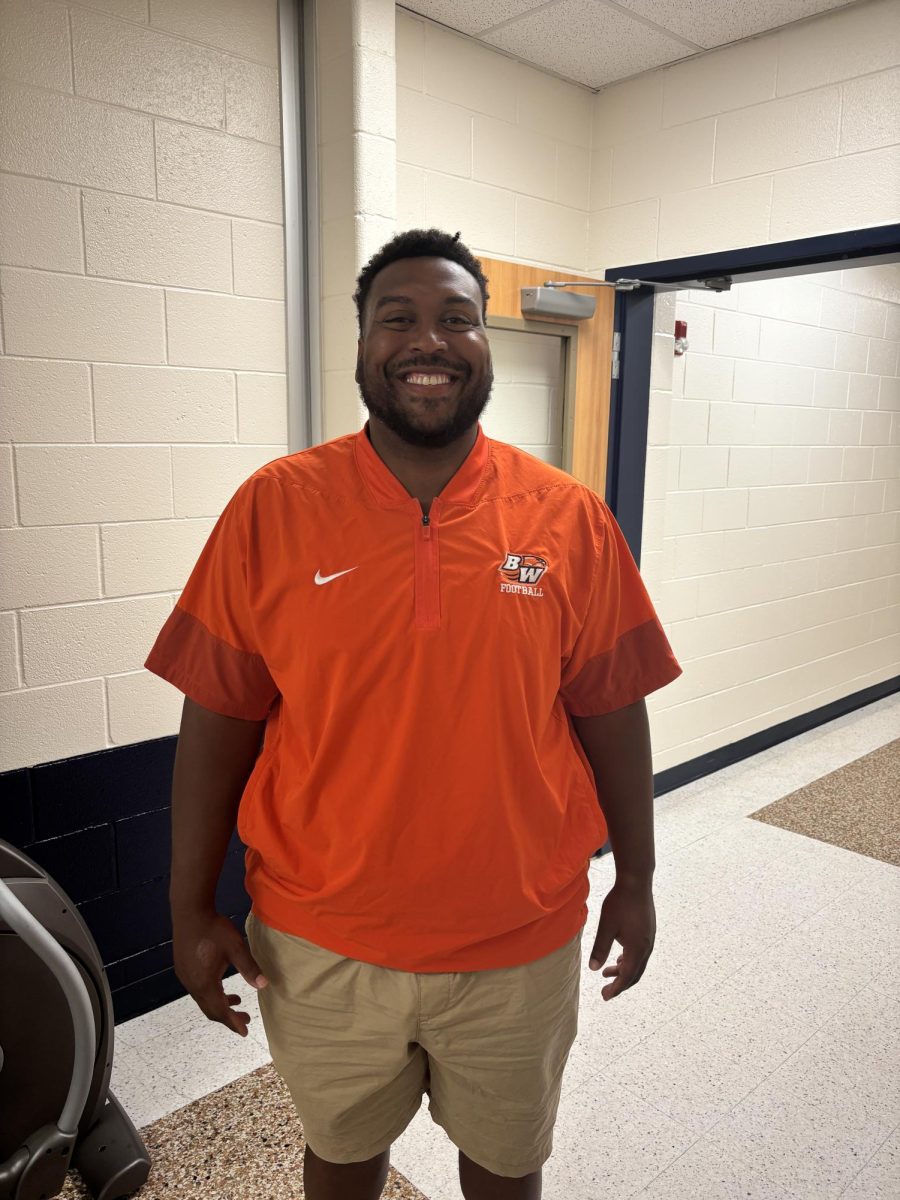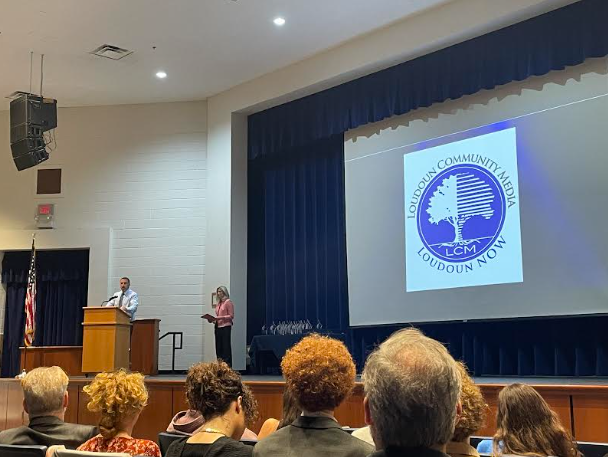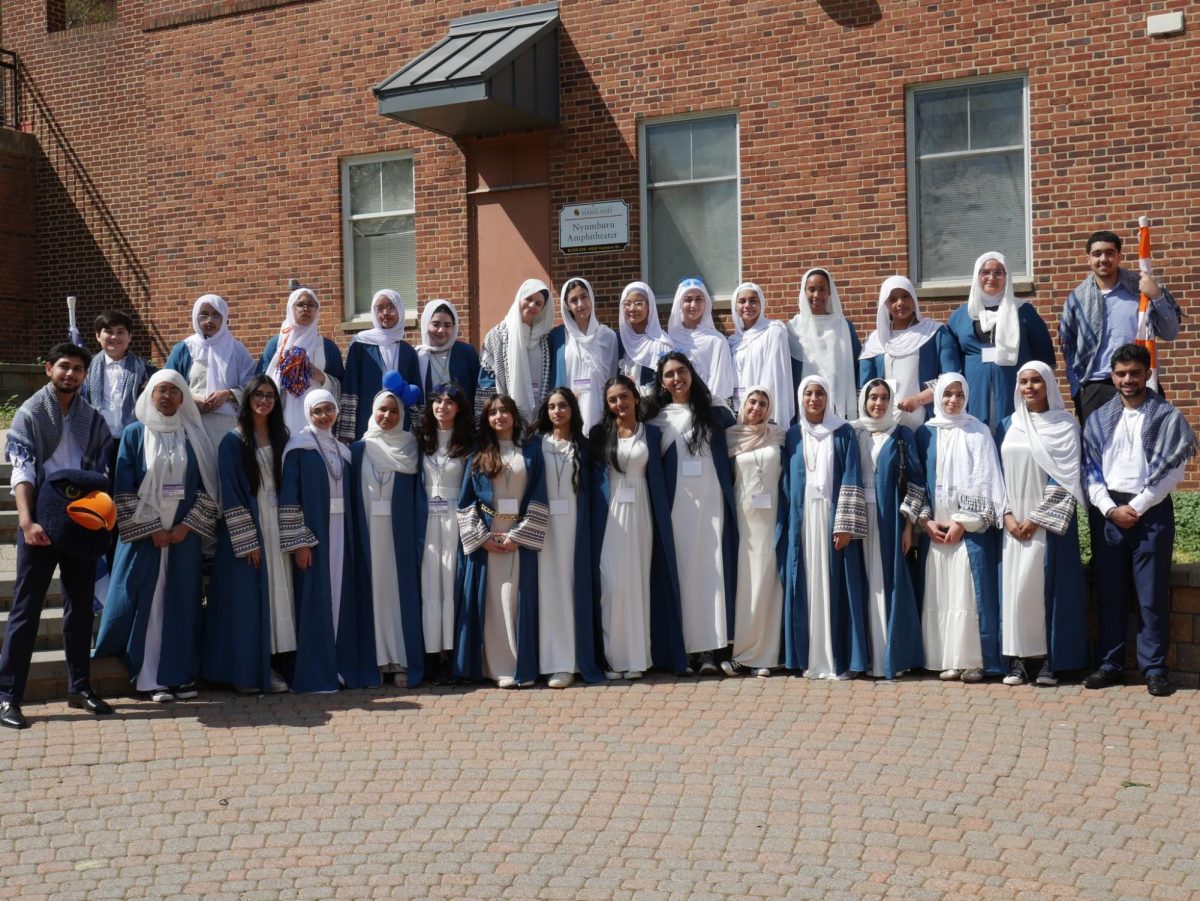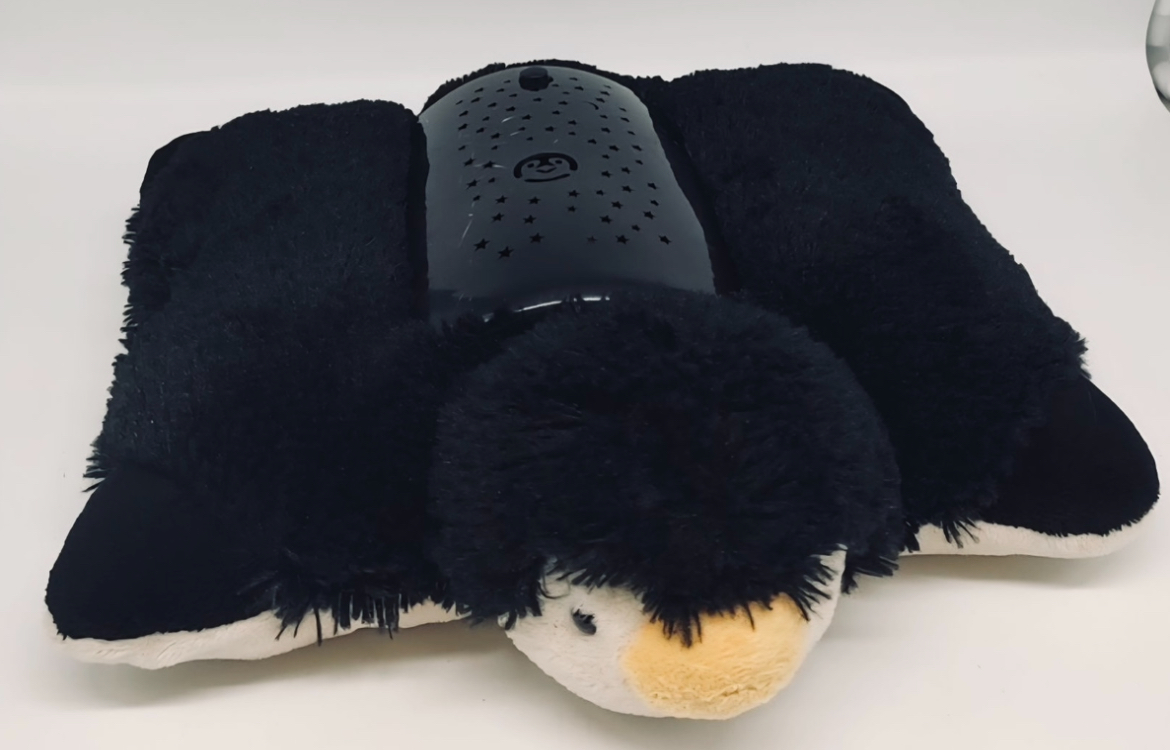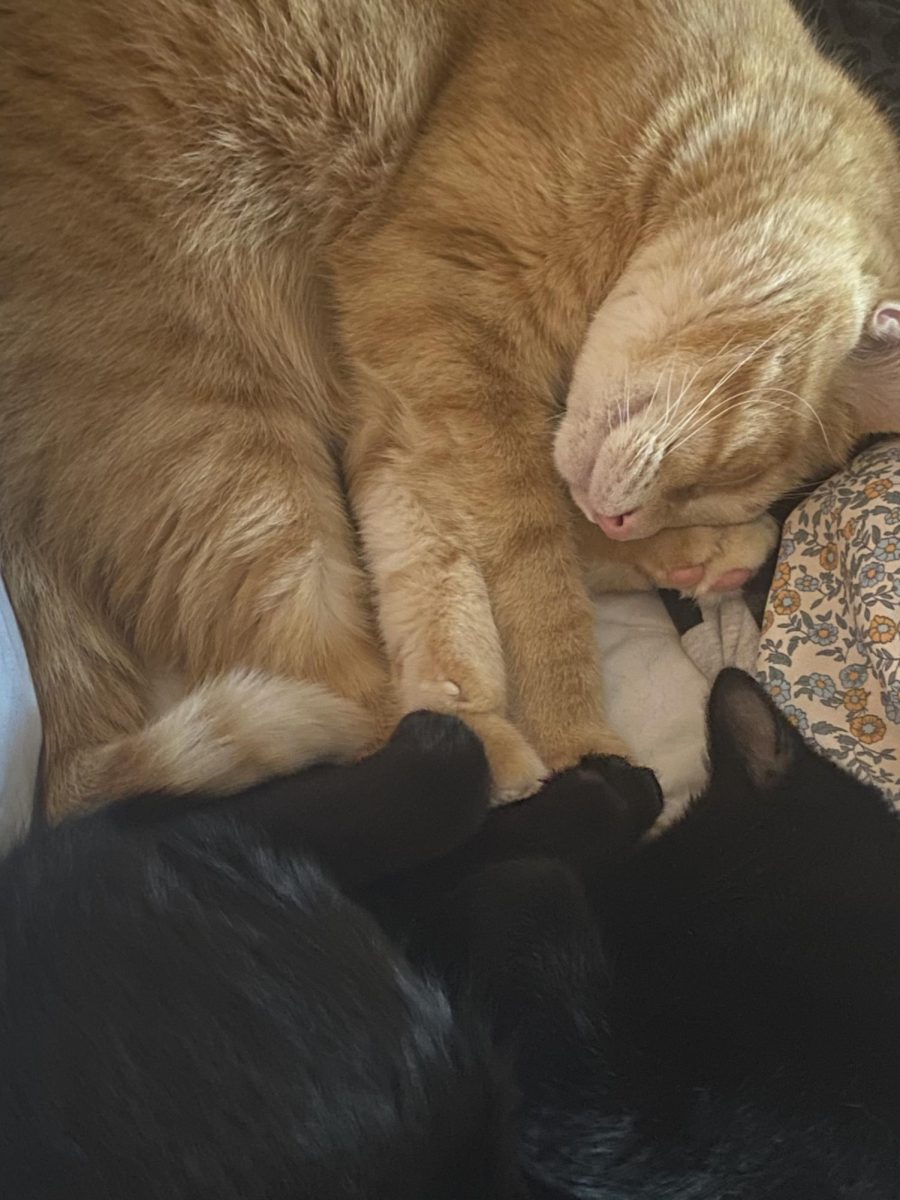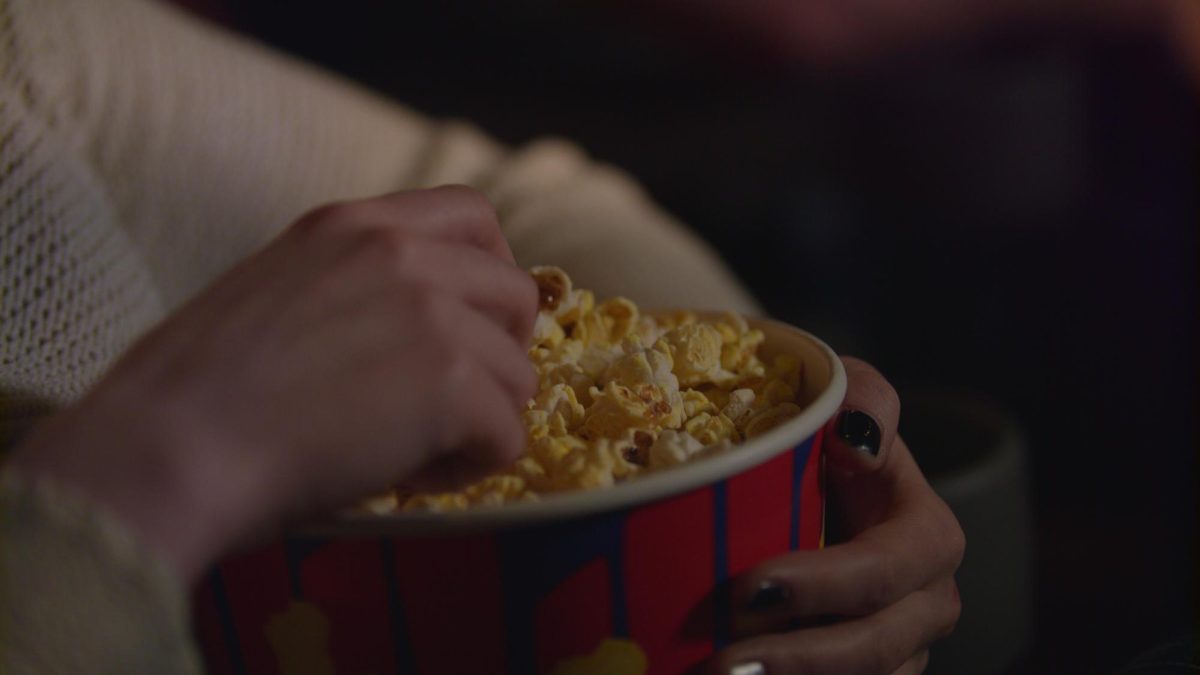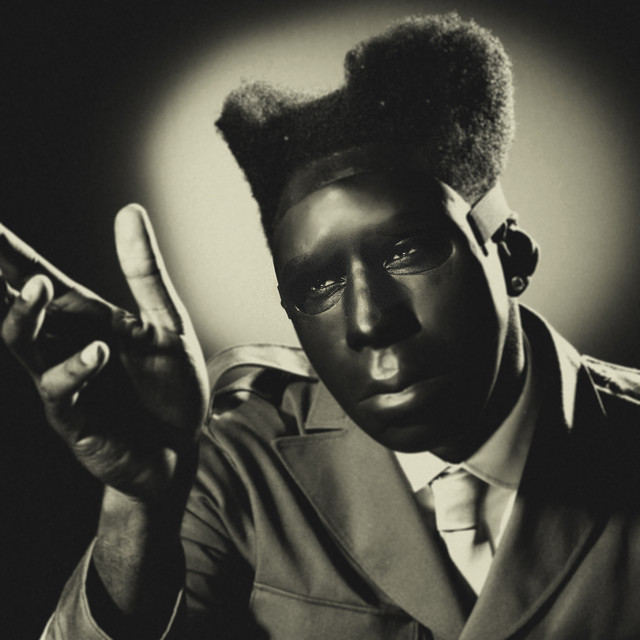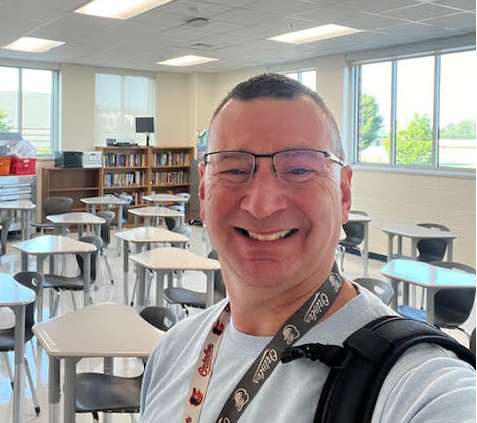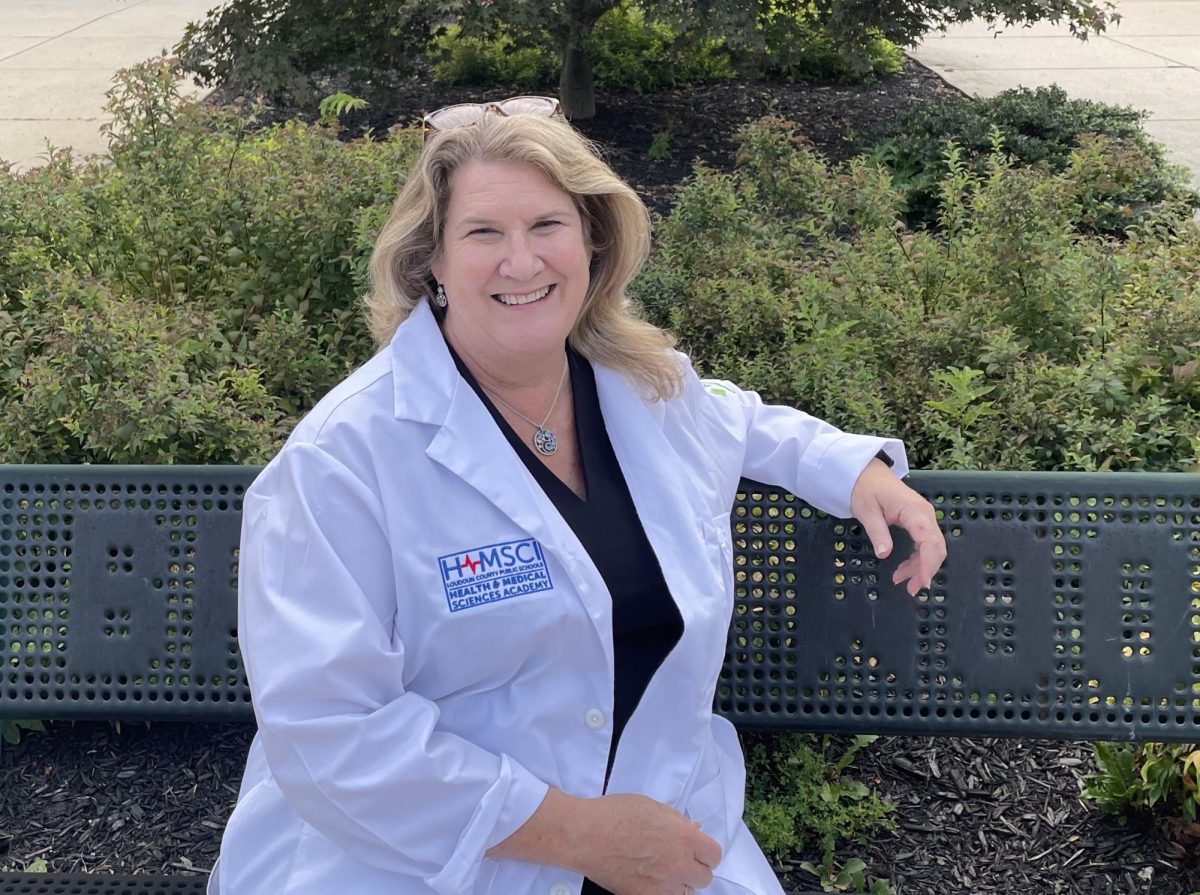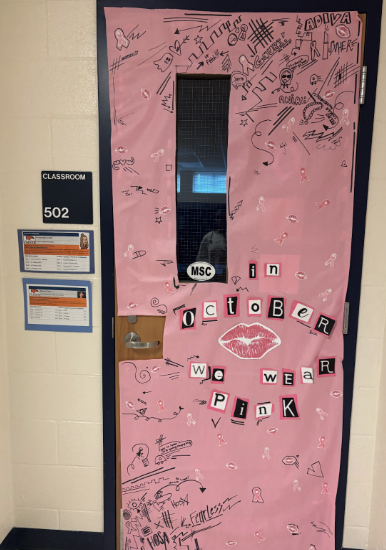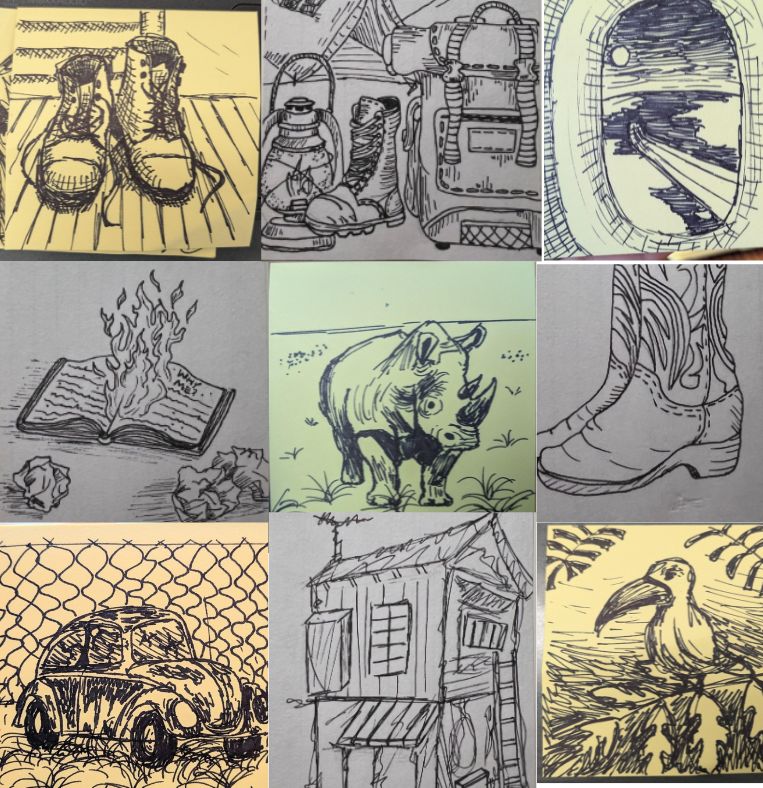Joshua Brandon Smith arrived at the INOVA emergency room at the dead of night, after being rushed from a local doctor to the emergency room. His entire body was littered with dark bruises that wouldn’t heal, but worsened. His blood was tested and extracted. Initially, doctors said nothing seemed out of the ordinary, almost dismissing his case. The blood test, however, revealed an aggressive diagnosis at the age of 3.
“Your son has been diagnosed with leukemia, a blood cancer. He has to stay here.” Those were the horrifying words that Joshua’s mom heard from the doctors on on Sept. 24, 2010. Suddenly, life had changed from a seemingly ordinary day to remaining within the confines of a hospital bed, isolated from the rest of the world.
Leukemia disrupts the production of healthy blood cells, weakening the immune system and preventing healing, essentially eliminating the immune system, which was the case for Joshua. In other cases of leukemia, the production of red blood cells are damaged, leading to anemia and other issues. In the final stages, leukemia affects the production of platelets, which are essential for clotting blood and helping get healthy blood cells to an injured area. Joshua’s body wasn’t producing new and healthy blood cells that were necessary for the body, and as a result, his bruises weren’t healing, indicating his apparent illness.
For Joshua, the first signs of cancer that appeared as dark bruises scattered across his body that did not fade. They were predominantly around his legs. These were dismissed as the clumsy behavior of a three-year old, but eventually his strength also began to fail.
His grandmother was the first to notice, “I don’t mean to scare you, but there are black bruises all over
Joshua’s mother had later reflected on how fast life changed, recalling the shock of going from a seemingly ordinary day to being told her son’s life was at risk. She also remembered how cancer had touched the family before, stating: “When I was eleven, I had a cousin that died from cancer. She was so young, so sad to see.”
Joshua’s diagnosis transformed daily life into a cycle of hospital stays, isolation, and a constant awareness of his extremely fragile immune system. His mom explained that even the smallest sickness from the outside world could have been deadly for him, meaning visitors weren’t allowed and he had to stay separated from others often.
“I wasn’t allowed to have anyone visit me and I had to be isolated from everyone else,” Joshua remembered. “Essentially, this was like my quarantine in 2020-2022, like I got a preview of it.”
Joshua’s mom was affected both physically and mentally by her son’s cancer. “I’m his mom and he was so young so that really affected me. One day you’re working and the next day you’re not because you’re with your three-year-old in the children’s hospital for a month straight before we went home.” Joshua’s mom said. Watching her son’s health decline was emotionally exhausting. She didn’t want him to be taken away from her life so early.
The treatments that Joshua had to go through were very challenging for him. A very challenging part that he had to deal with during his treatments was having a Huber needle injected in his chest every week or two. This would hurt him, even at times, begging the doctors “please don’t make it hurt this time!” The weekly Huber needle became a source of trauma, often bringing him to tears. Additionally with other treatments involving needles, this formed trypanophobia for him, which is a fear of needles, as well as PTSD.
Something that was especially challenging for Joshua and his mom was how he maintained a diet and other necessities. Essentially, his mom was his caretaker, feeding him all of the stuff he needed. For example, he needed a high salt diet, so his mom accommodated his needs. His mom also had to always make sure no one from the outside world would get too close to him. He would have died from any outside germs, leaving him to only see his mom and his doctor, Jennifer Dean.
The impact of leukemia on Joshua wasn’t only physical, it left long lasting emotional and mental scars. From a young age, the constant cycle of hospital visits, isolation, and painful treatments had developed anxiety that stuck with him after his recovery to this day. He explained how the repeated needle procedures, the constant isolation, and the risk of death being on the table shaped his fears. “It resulted in me having PTSD and being afraid of needles for the rest of my life,” Joshua said. Years later, the memories of what he had to go through still linger within his head. Being isolated and vulnerable to death seriously affected how he thinks, also having hallucinations due to the medicine he had to take, further developing his anxiety.
Despite the pain, isolation, and emotional weight of his battle with cancer, Joshua and his family found strength in faith and in hope that better days were ahead. His mom explained that holding onto faith and staying strong for her son was the only way to get through the darkest moments. Joshua, too, now looks back on his journey not only as a struggle but also as a testimony of resilience.
“Do not give up, God will always be with you through it, through the bad and the good times, the treatments, no matter what cancer you’re going through. And with others joking or making fun of you for having cancer, do not let the jokes get to you, and ignore them. The jokes that people make about cancer aren’t funny at all, and you should ignore them and keep seeking hope,” Joshua said, seeking to encourage others with his message.
According to the National Cancer Institute, 9550 cases are expected in the United States. It is very important to raise awareness of other cases throughout the nation. For families that struggle financially, Blood Cancer Awareness Month can offer financial support and hope. Raising awareness provides opportunities for parents that live far away from the hospital to see some kind of normal. An example Joshua’s mom provided was that they stayed in the Ronald McDonald House – which is set up to give families a “normal” living space, located next to the INOVA hospital.
Joshua’s story reflects the reality many families face and the hope they hold when facing leukemia. His journey is a reminder that behind every statistic is an individual, a child, a parent, a family learning to fight through fear and pain while holding on to hope. Blood Cancer Awareness Month isn’t just about recognizing the disease, it’s about giving support to those still in the battle and honoring those who’ve overcome it.


